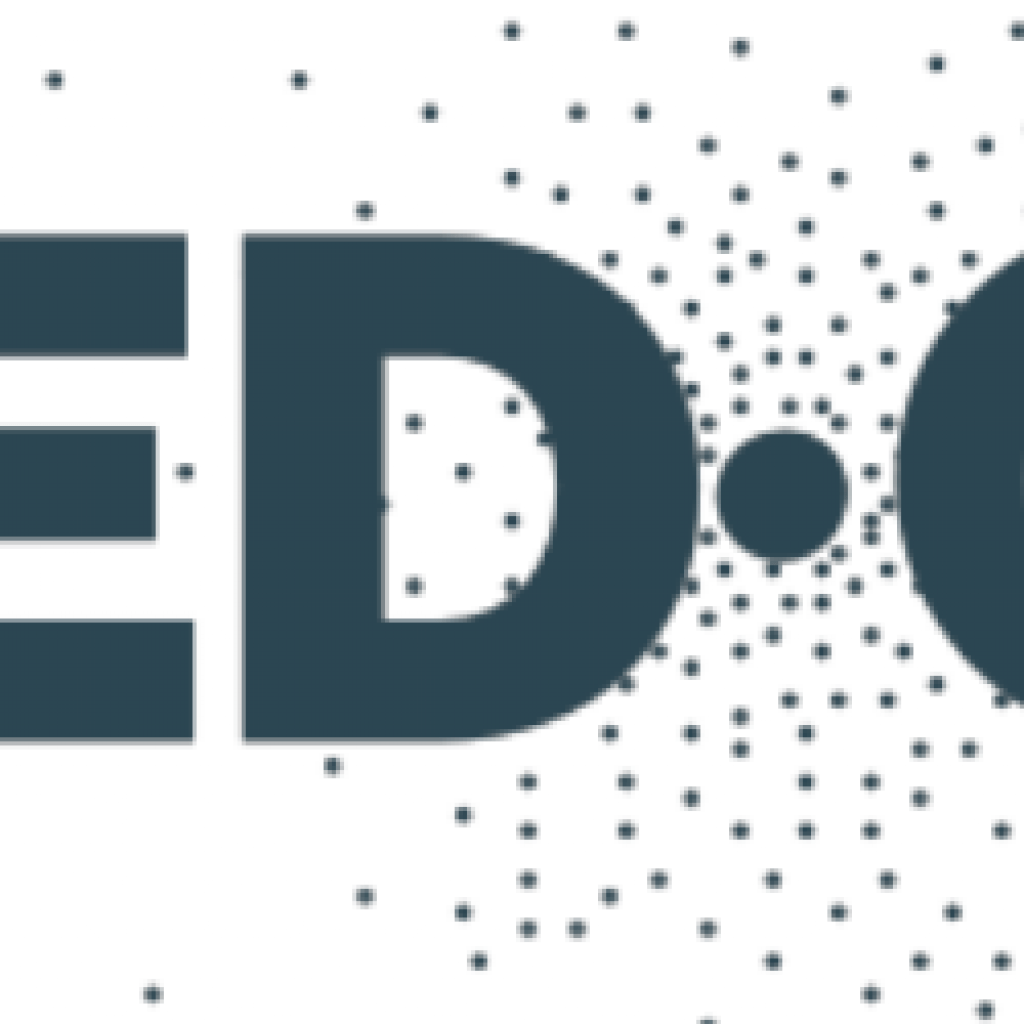(Yahoo.Finance) The Quantum Economic Development Consortium (QED-C) today announced the appointment of its new executive director, Celia Merzbacher, effective immediately. Merzbacher has served as deputy director since 2019 and is taking over from Joseph Broz, who led the consortium from its inception and built the organization’s initial framework. Managed by SRI International and founded with support from NIST (National Institute of Standards and Technology), QED-C aims to enable and grow the emerging quantum industry and the associated supply chain. “We are delighted that Celia Merzbacher will be taking over the leadership of QED-C. She excels in bringing together all of the stakeholders—from industry, academia and government—who will be critical to the formation of a quantum ecosystem,” stated SRI CEO Bill Jeffrey.
Merzbacher has experience as an industry consortium leader, serving as Vice President for Innovative Partnerships at the Semiconductor Research Corporation (SRC). Before joining SRC, she was Assistant Director for Technology R&D in the White House Office of Science and Technology Policy, where she oversaw the establishment and coordination of the National Nanotechnology Initiative. She also served as executive director of the President’s Council of Advisors on Science and Technology (PCAST). “With her knowledge and background in leading organizations with diverse interests and needs, the entire Steering Committee supports Celia and is confident that she is the ideal person to lead QED-C in its next phase,” said Matt Johnson, CEO of QC Ware and member of the QED-C Steering Committee.
QED-C was called for in the 2018 National Quantum Initiative Act and is supported by NIST in the U.S. Department of Commerce and more than 150 stakeholders from industry, academia and national laboratories. Quantum-based applications, ranging from sensing to simulation and from communications to computing, are in the early stages of development but have the potential to be as disruptive and economically important as the digital integrated circuit. “QED-C will play a critical role in identifying and addressing the gaps in technology, standards and workforce in order to achieve the benefits for the nation and society,” noted Carl Williams, deputy director of the NIST Physical Measurement Laboratory,
Celia Merzbacher Appointed Executive Director of the Quantum Economic Development Consortium (QED-C), Managed by SRI International
